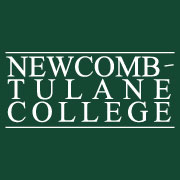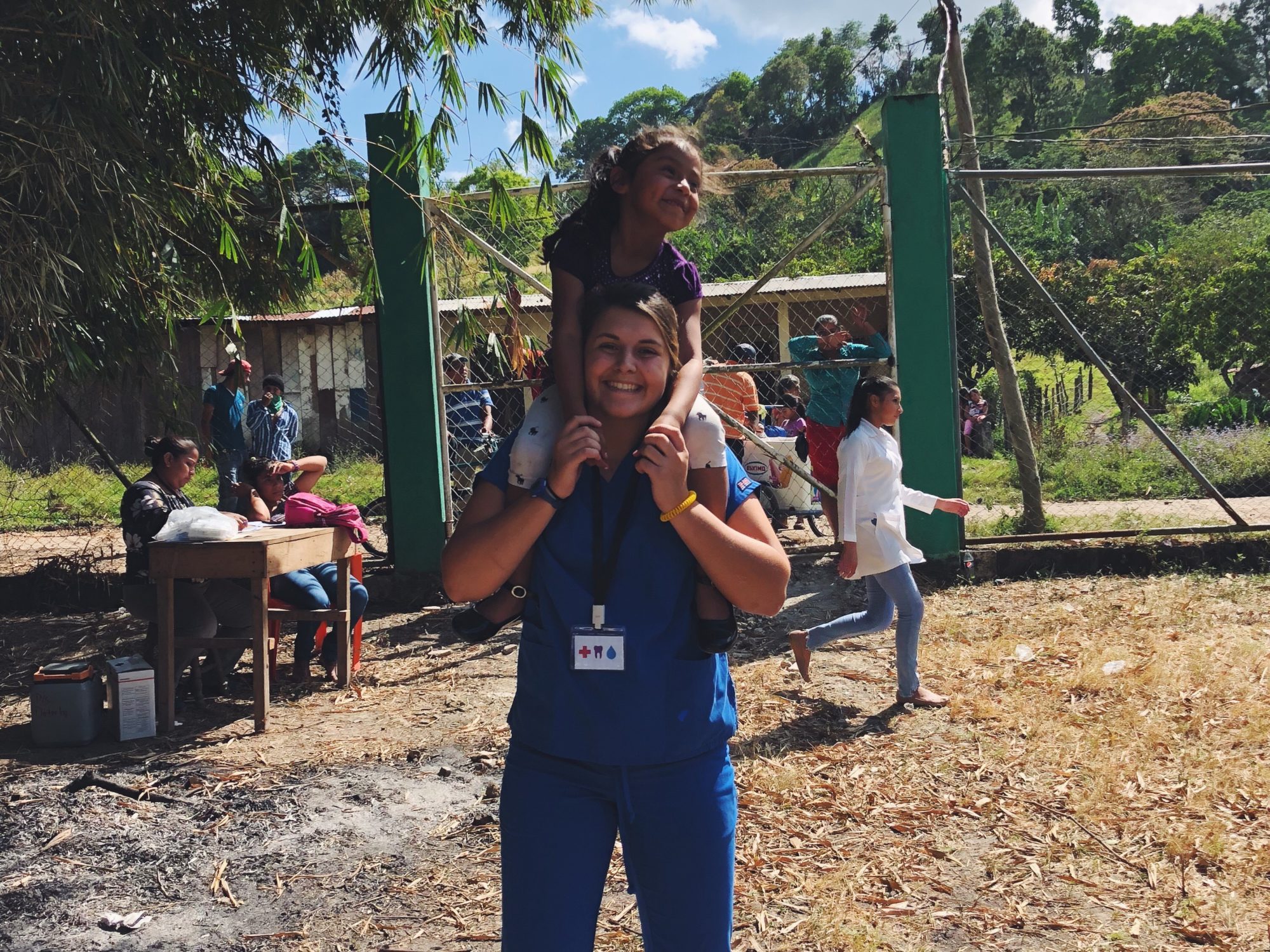This spring break, I had the privilege of traveling to the small community of Datanlí, Nicaragua with the Tulane University Medical Brigade, a university chapter of the worldwide organization Global Brigades. During this week of service, I was able to not only help provide medical care and treatment to over 900 men, women, and children, but also to grow in my own confidence and ability as a future physician. More importantly, I was exposed to a culture and perspectives much different from my own. I gained the most insight from my interactions with community members, practicing physicians from Nicaragua, and my Global Brigades trip leaders. The Newcomb-Tulane College Grant that I received played a crucial role in my ability to go on this incredible mission by helping to fund a substantial portion of the international airfare and program costs. I extend my gratitude to all of the generous donors who make this grant possible for Tulane students, because the contributions made directly impact students who are striving to do more with their college education.
My experience working in a medical clinic in Datanlí, a rural community located in the department of Jinotega, Nicaragua, was equally challenging and rewarding. I went with a group of 26 other Tulane students who were all seriously committed to providing accessible medical care and compassion to those we would encounter. Throughout the entire trip, my Spanish proficiency improved greatly. I felt happiest and most valuable when I was able to effectively communicate with individuals in their native language. This skill is extremely important to me because as a physician, or whatever profession I end up in, I would like to make others feel more comfortable by making an effort to speak with them in a language they understand.
After arriving late Wednesday night, March 21st, we got to work early Thursday morning packing medications. This entailed sorting large pill bottles into small, individual baggies, and writing instruction labels in Spanish. This activity served as valuable time for bonding among our group, which helped us work together more effectively for the rest of the week. For the next three days, we made the two-hour trip to the rural community where we were providing the medical clinic. We worked together with general practitioners, orthodontists, gynecologists, and a pharmacist to ensure the best possible patient care to individuals who had been waiting three months since the last brigade had visited them. Over these three days, I got to experience every aspect of the clinic, from meeting patients as they walked in to giving them their medications and sending them off with my best wishes. I appreciated how my knowledge grew and I could better connect the common symptoms, diagnoses, and prescriptions, both in English and in Spanish, as I worked with in triage, with the general practitioner, and in the pharmacy. By working in all areas, I could see firsthand the process that the patients were going through. I especially enjoyed speaking with the general practitioner about her work in the only fully functioning hospital in Nicaragua, located in Managua, as a pediatric surgeon. I gained appreciation for the physicians who took time out of their busy schedules in the capital to travel across the country and work without pay, because they believed in supporting the health of their people.
My two favorite stations that I worked during the clinic were the “charla,” a dental hygiene workshop for the children, and triage. I absolutely loved playing with the children, helping to distract them from their boredom while standing in line with their mothers for several hours. This educational station was extremely necessary and made more impactful by the fact that I had already shadowed the orthodontist and watched numerous tooth extractions due to poor dental hygiene. The sugary juices and diet common to the culture, as well as a distrust and lack of clean water, led to rotten teeth at an early age. By providing the children with fluoride treatments and teaching them songs and information that would help them remember to brush their teeth, we were contributing to preventative medicine that would hopefully eliminate the need for an abundance of extractions in the future.
The last day of the medical clinic, I chose to stay at the triage station the entire day because I felt most beneficial there. My Spanish skills are something I am continually working on and improving, and it was so valuable to converse with native speakers. I had to learn to adjust to their pace, dialect, and terminology that is much different than one learns by simply sitting in a classroom. Being one of the few more proficient Spanish-speaking volunteers, I hope that I was able to construct a sense of familiarity and trust between myself and the patients. I was the first person they would come to, their first impression of the clinic. It was extremely important that I listen carefully to their symptoms and concerns and record their individual and family medical history correctly so that the rest of their experience would run smoothly.
The last full day before our group made the long flight home, we drove to another rural community to assist in their long-term project of building an 800-meter-long trench that, when completed, will bring clean water directly to the homes of over 100 families. This experience was different in that it involved tough manual labor, using pickaxes and shovels to break up the rocky soil. Some local men were generous enough to work side by side with us, helping us pry up and remove the largest rocks. I have never underestimated the strength and fortitude it takes to work outside in the sun performing physically demanding tasks daily, but I gained even more respect and appreciation for the work after being a part of this effort. In our hours of working, we progressed only about 11 meters, which shows just how large of a project this water trench is, and more importantly how rewarding the results will be.
Throughout the trip, I felt content and grateful knowing that the funds awarded to me by this Newcomb-Tulane College Grant had helped make this trip possible for me. By allowing me to go on this trip without a large concern about how I would come up with the money required to go, I was able to better serve these two communities and devote my full attention and compassion to the individuals I encountered. The grant helped by for the round-trip international flight to Nicaragua. It also went towards my other trip costs that I paid to the Global Brigades program, such as my food, lodging, and in-country travel. More significantly, that money helped cover the salaries of the Global Brigades trip coordinator and translators who were with us throughout the entire trip to make sure we had the best experience possible and that everything ran smoothly. I am so grateful for the opportunity that this grant afforded me, and I hope to continue this effort next spring break by embarking on another Global Brigades mission.
Written by Margaret Nickerson, Dean’s Grant recipient, 2018

